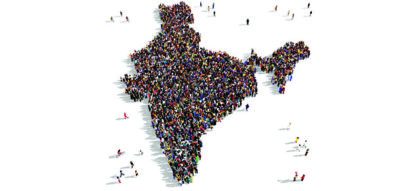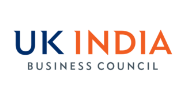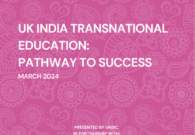The Aadhaar Revolution – Healthcare for All India
Aadhaar, the largest national identification scheme in the world, is the equivalent of a social security number for all Indian citizens.

One of the major opportunities of Aadhaar is to improve access to healthcare. Radical change is needed in a country with a population of over 1.2 billion, and fewer than 1 doctor for every 1000 people. With the majority of hospitals and clinics lacking efficient patient data management systems, the Aadhaar card can be used at every step in the healthcare system, from patient registration to digitising medical records. It can be a tool for integrated delivery, linking hospitals with pharmacies, NGOs, blood banks, medical insurance, and companies, allowing easier access to subsidised treatment or support from NGOs. Narendra Modi has said “I dream of a digital India where quality healthcare percolates right up (sic) to the remotest regions powered by e-healthcare”.
Prime Minister Narendra Modi’s National Health Protection Scheme*, “Modicare”, announced in India’s recent budget, is intended to provide health insurance to 100 million poor families. Extending health insurance to poorer Indian citizens can be enabled by Aadhaar. With health information stored and constantly updating on the Aadhaar smart card, life and health insurance companies can immediately access a patient’s details to determine risk and cover.
Aadhaar is revolutionary in its ability to deliver essential services to the masses – but fraud and security concerns are growing. It would be a tragedy if its potential is undermined by the perceived vulnerabilities of the system.
* Arun Jaitley has gone as far as to call the insurance scheme “Modicare” in tribute to Prime Minister Narendra Modi.







